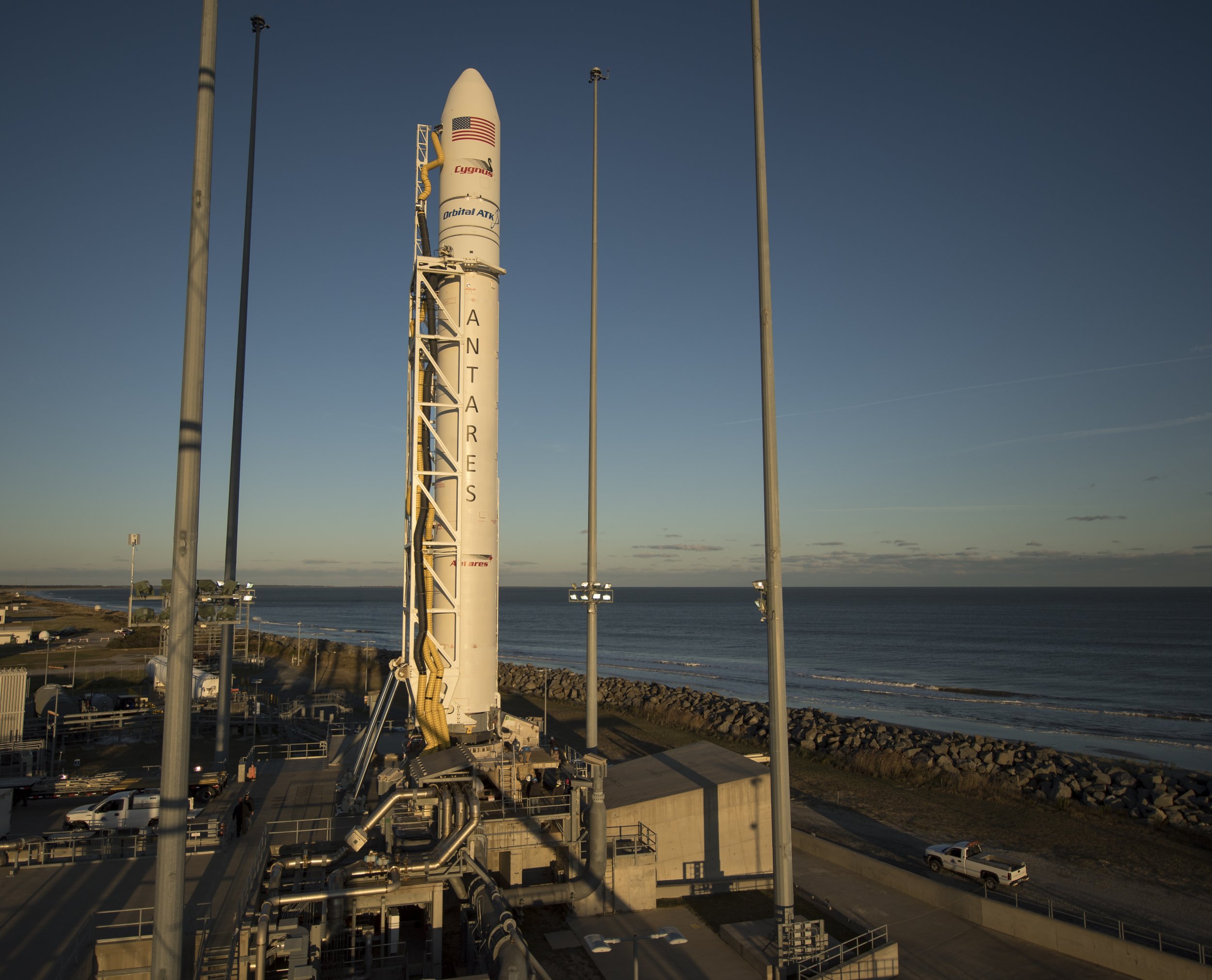
On November 12, the Space Kingdom of Asgardia, which bills itself as a "virtual nation" launched its very first satellite, which is about as large as a loaf of bread and will orbit Earth for somewhere between six months and five years, then die a fiery death by re-entering the planet's atmosphere.
Asgardia was founded last autumn in a Paris hotel room by Igor Ashurbeyli, a Russian scientist and entrepreneur, who wants to peacefully establish a space nation that he could consider more unified and egalitarian than anywhere on Earth. The country is named after the home of the gods of Norse mythology.
More than 100,000 people have signed up and been accepted as citizens of the space kingdom, which required signing onto the constitution and binds them to a series of rights and obligations. One of those rights, it turns out, is to store files on the space kingdom's first satellite, called Asgardia-1.
Right now, Asgardia's footprint in space is just a glorified hard drive, which includes a copy of the country's constitution as well as the files selected by the country's citizens. Because of Asgardia's questionable terrestrial legal status, the group decided to vet the data citizens submitted, according to reporting by New Scientist. That may be in response to earlier concerns that the entire project was a giant loophole in copyright law.
It's unclear precisely what the group accomplishes with this launch beyond making a first step toward actually reaching space, where they say they want to move. But if you're bored, you can explore all the files Asgardians chose to send. According to comments from Ashurbeyli during the project's launch, the files will also be transferred over to all future Asgardian computers.
While they're starting small, future missions will be more ambitious if Asgardia has its way. "The long-term vision of Asgardia is to have habitable platforms in space. This is one of the core goals," according to the start-up space nation's frequently asked questions page. "Asgardia's second core goal is to build protective shields for the entire planet Earth from any space threats."
If that sounds familiar, it may be because both of these goals are actually already in the purview (and high on the priority list) of traditional space agencies.
As you might guess, there are some legal questions left to be tackled here. Asgardia claims it has plans to do country-esque things like petition the United Nations for membership, establish consulates on every continent, and issue IDs. But it also bills itself as a nation, which is a more casual classification than a state.
And, um, they'd probably need to sign onto a tiny little international agreement called the Outer Space Treaty, which just celebrated its 50th birthday last month and which governs how nations behave in space to make sure its resources aren't exploited by rogue groups.
Uncommon Knowledge
Newsweek is committed to challenging conventional wisdom and finding connections in the search for common ground.
Newsweek is committed to challenging conventional wisdom and finding connections in the search for common ground.
About the writer
Meghan Bartels is a science journalist based in New York City who covers the science happening on the surface of ... Read more





